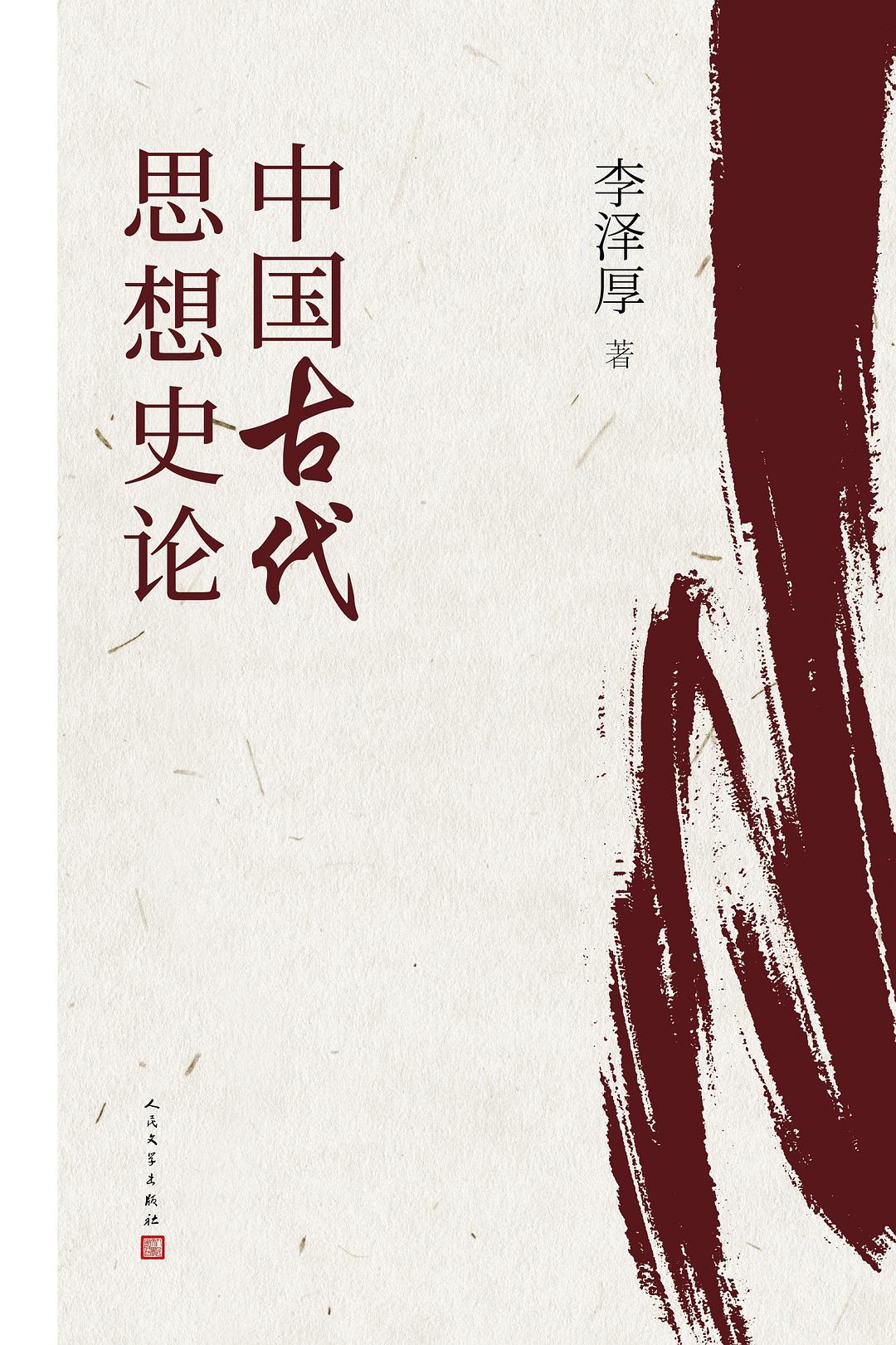WULOLIFE
《中国古代思想史论》作者: 李泽厚 出版社: 人民文学出版社 出品方: 99读书人
《中国古代思想史论》作者: 李泽厚 出版社: 人民文学出版社 出品方: 99读书人
Sale
Sold out
Regular price
€23,00 EUR
Regular price
Sale price
€23,00 EUR
Unit price
per
Shipping calculated at checkout.
Couldn't load pickup availability
Description
内容简介 · · · · · ·
本书从剖析孔子仁学开始,主要思潮、派别和人物。其中着重论证了中国的辩证法是“行动的” ,而非“思辨的”。
秦汉时期的“天人感应”宇宙观,庄子、禅宗对人生作形而上追求的美学,宋明理学作为道德形而上学而具有重要价值,以及在明清时期思想中“治人”与“治法”已出现分离,思想逐渐向近代靠近。
作者简介 · · · · · ·
李泽厚,著名哲学家,中国社会科学院哲学研究所研究员、巴黎国际哲学院院士、美国科罗拉多学院荣誉人文学博士,德国图宾根大学、美国密歇根大学、美国威斯康星大学等多所大学客座教授,主要从事中国近代思想史和哲学、美学研究。作中国现代思想史论》等。
目录 · · · · · ·
内容提要孔子再评价一 “礼”的特征二 “仁”的结构三 弱点和长处四 附论孟子墨家初探本一小生产劳动者的思想典型二 墨家思想并未消失孙老韩合说一 兵家辩证法特色二《老子》三层三 所谓“益人神智”
荀易庸记要一 人的族类特征二 儒家世界观的建立三 天、道、人秦汉思想简议一道、法、阴阳、儒家的合流二 天人宇宙论图式三 阴阳五行的系统论四 五行图式的历史影响庄玄禅宗漫述一 庄子的哲学是美学二 人格本体论三瞬刻永恒的最高境界宋明理学片论一 由宇宙论到伦理学二 理性本体的建立及其矛盾三“心”的超越与感性四 遗产的两重性五 《片论》补经世观念随笔一 “内圣”与“外王”
二 “治人”与“治法”
三 经学与史学试谈中国的智慧一 时代课题二 血缘根基三 实用理性四 乐感文化五天人合一后记
荀易庸记要一 人的族类特征二 儒家世界观的建立三 天、道、人秦汉思想简议一道、法、阴阳、儒家的合流二 天人宇宙论图式三 阴阳五行的系统论四 五行图式的历史影响庄玄禅宗漫述一 庄子的哲学是美学二 人格本体论三瞬刻永恒的最高境界宋明理学片论一 由宇宙论到伦理学二 理性本体的建立及其矛盾三“心”的超越与感性四 遗产的两重性五 《片论》补经世观念随笔一 “内圣”与“外王”
二 “治人”与“治法”
三 经学与史学试谈中国的智慧一 时代课题二 血缘根基三 实用理性四 乐感文化五天人合一后记
